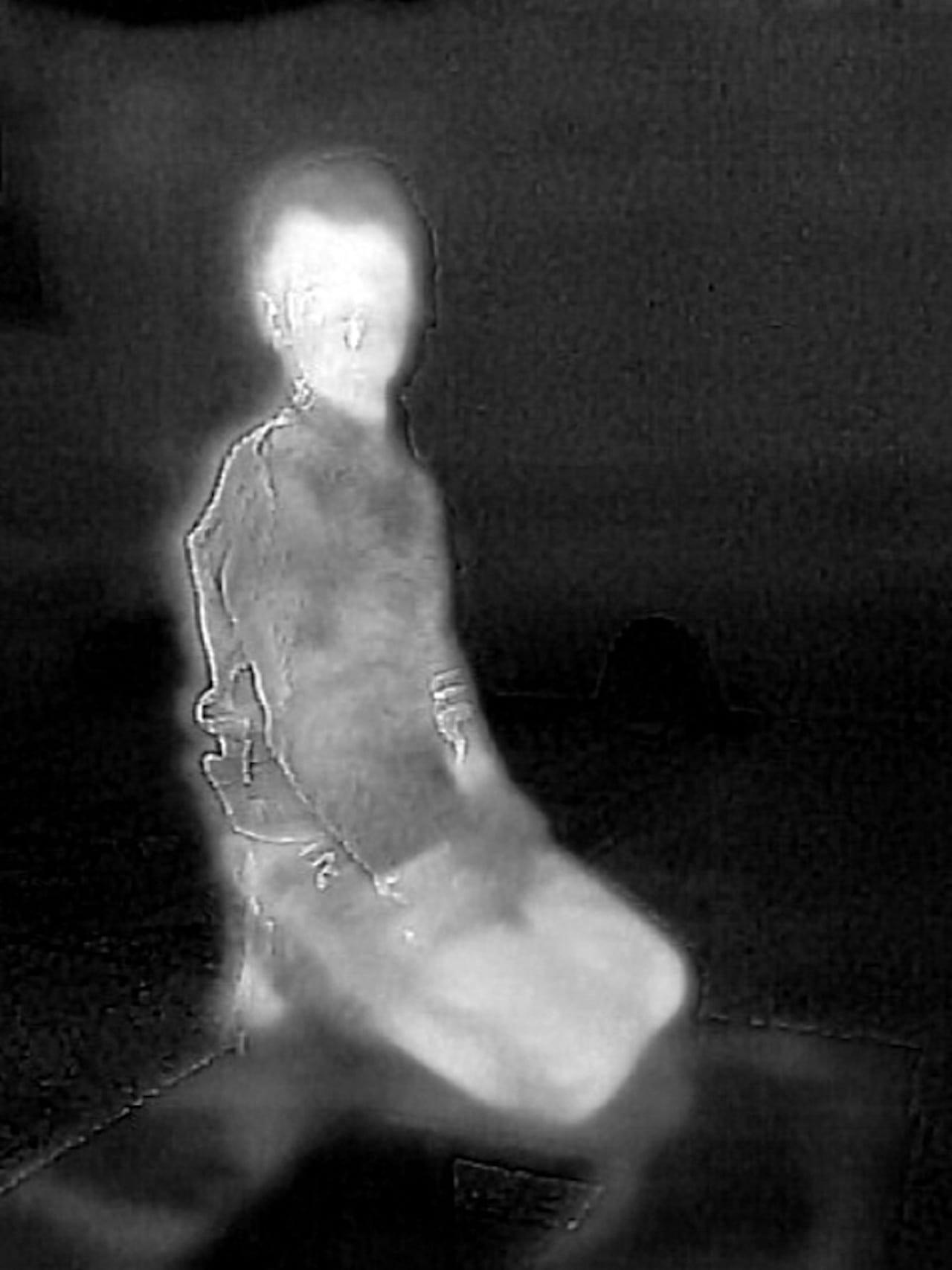“Talking to people in Gaza, you realise how much the drones are burrowed into their daily lives,” says Daniel Tepper, an American photographer who has been researching and documenting the production and militarisation of drones in Israel since the 2014 conflict in Gaza.
In Arabic, unmanned aircrafts are referred to as ‘zenana’, local slang for the buzzing of a mosquito; in English ‘drones’ take their name from the male honeybee, and the monotonous hum it makes in flight. The Israeli military pioneered the use of drones in combat, employing the technology during the 1982 Lebanon War, and since then people in Gaza have become accustomed to the insidious noise of drones, sounding so close “they could reside beside us”, as Dr. Atef Abu Saif writes in his first-hand account of the 2014 conflict, The Drone Eats With Me. “It’s like it wants to join us for the evening and has pulled up an invisible chair,” he adds.
Despite this familiarity, what’s most scary about the drones is the fact it’s always unclear why they’re out – if they’re doing surveillance, if they’re armed, or if they’re about to strike. During the summer of 2014 the people of Gaza lived under constant surveillance, so much so you couldn’t distinguish a star or a satellite from a drone at night, says Vittoria Mentasti, an Italian photographer who experienced the conflict while reporting on it. According to Hamushim, a human rights group based in Gaza, drone warfare was responsible for almost a third of the 1543 civilian casualties in the 2014 war.

